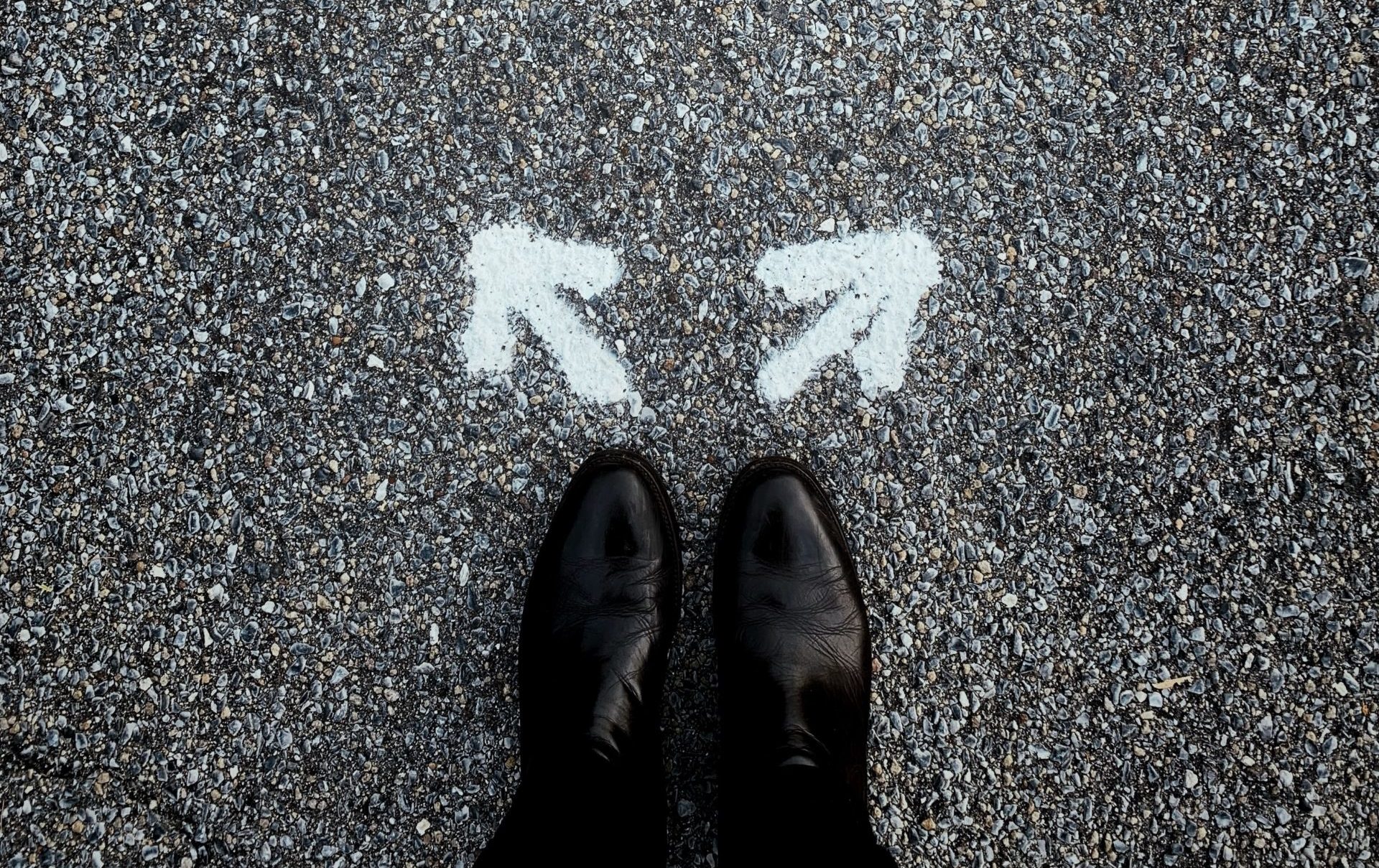
We may lose and we may win
But we will never be here again
So open up, I’m climbin’ in to take it easy
The Eagles, Take it Easy
I was queuing outside Morrison’s recently when I found myself explaining Pascal’s wager for the existence of God to the woman in front of me. Her little lad had puffed out his cheeks with impatience and asked his Mum why everyone had to queue up for everything nowadays. Mum had responded with a short but highly vocal rant about the over-reaction of society to the current crisis, somewhat aggressively suggesting that we should all simply get on with life as normal, whatever the consequences. Mother and son looked duly satisfied with this hypothesis. Until I chirped up.
At the risk of doing Pascal a disservice, I explained to both that perhaps it wasn’t a great idea to simply get on with life as normal, given we have no idea what the consequences might be and that such consequences might be very grim indeed. There followed one of those awkward silences, during which Mother and son looked at me, then looked at each other, then back at me. Fortunately at that very moment, we were briskly encouraged forward and within seconds were separated in the fruit n’ veg section.
The question of whether we should be doing as a country what we have been doing, or not, seems to have pretty much dominated all forms of media now for weeks. It is certainly a rare pleasure to find something in a newspaper or a TV news programme that doesn’t relate in any way to Covid-19 and the lockdown, though you can still be unexpectedly ambushed. I was happily reading a piece last week on one of my favourite bands, REM (only their early stuff mind), when it was suggested that their single Perfect Circle provided the perfect evocation of the common person’s ‘Covid mindset’. That’s one hell of idea, I thought, given it was written 37 years ago.
The great dilemma of whether our sacrifices will have been worth it or not has also been a regular theme of discussion at the Hartley dinner table over recent weeks. Viewpoints have been predictably divided along the lines of ‘yes they will’ and ‘no they won’t’ with me in the ‘they might or might not but let’s do it just in case’ category. I have sensed most recently that my repeated references to Pascal’s wager, however, are wearing thin. I wouldn’t be surprised if the very topic has divided families across the country; it’s a bit like blooming Brexit all over again. Crumbs, Brexit; I never thought I’d miss that word.
One therefore reflects on other aspects of life where you do something with the best intentions not quite sure how it’s going to turn out. You could say this about life itself, of course, though that’s probably a bit heavy for this blog and one I’ll leave to the Philosophy and Theology Department.
For the great majority of people, I guess education falls into this category. Everyone has to go to school, of course, but how many school pupils have a clear and explicit idea as to exactly why they are there and where they are going to end up? A rare few will have very clear pathways but I’d suggest that the great majority simply bundle on through, most doing the best they reasonably can, vaguely assuming that they will end up doing something, somehow that will provide a decent wage and level of life satisfaction. And I don’t think there’s anything at all wrong with that.
This might suggest that from at a relatively early age we are pretty good at dealing with uncertainty, or does it? One could argue that the compulsory nature of school and the fact that most children are dependent on others until they leave school, diminishes considerably the negative impacts of not knowing what happens next. One could also argue that children are innately better at coping with uncertainty as they are continuously surrounded by it.
One thing we are always told by leadership and management gurus, is that working adults don’t like uncertainty in their professional lives and that people can become seriously discombobulated by it. I have certainly seen this over the last few months, with levels of anxiety amongst staff and indeed myself at times, being higher than any of us would like. I do appreciate that responsibilities in adult life can make uncertainty a bigger threat, particularly anything that might affect one’s financial circumstances and/or the future and security of one’s family. These are fundamental, both conscious and subconscious instincts that are hard-wired into parents, and it would be trite to simply dismiss them.
Still, I sometimes think that maybe we need to be more comfortable with the notion of uncertainty because there will always be plenty in our lives and, let’s face it, there simply isn’t much we can do about it. We need to be more laissez-faire, perhaps a bit more fatalistic, a little more que sera sera. There has been a great deal written about the importance of living in the moment and not worrying too much about the future, of course, not least The Power of Now by Eckart Tolle. It’s also an absolutely key aspect to the extremely popular concept of mindfulness.
I think my conclusion is that being able to live with some uncertainty in life has to be a positive thing for us all and that perhaps this has been another peculiar benefit of the current pandemic and how we are responding to it. I do believe this would help make many of us happier and more content in life, and if there is one thing that I am certain about, that really is the most important thing.














